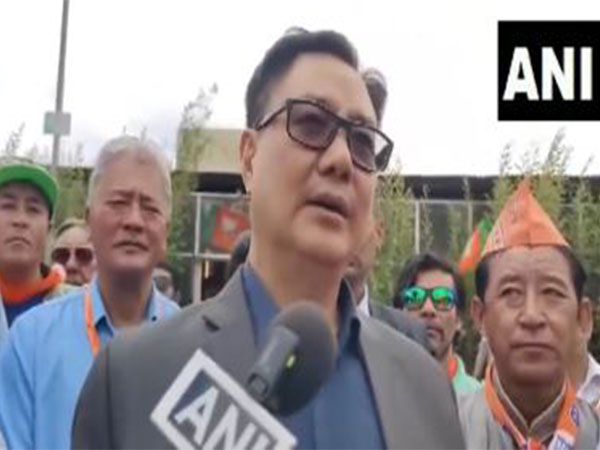India Commemorates 'Constitution Murder Day' on June 25 to Remember 1975 Emergency
The Indian Government has declared June 25 as 'Constitution Murder Day' to remember the 1975 Emergency. Union Minister Kiren Rijiju and BJP leader Gaurav Bhatia emphasize the importance of remembering this period to prevent future democratic downfalls.

- Country:
- India
Appreciating the Centre's decision to observe June 25 as 'Samvidhan Hatya Divas' in remembrance of the 1975 Emergency, Union Minister Kiren Rijiju stated that democracy was gravely harmed during this period and that it must not be forgotten to prevent similar occurrences in the future. 'Society should never forget the good things and the bad things to avoid such situations in the future. Democracy was killed during the Emergency in 1975. We should not forget it so that we can prevent it from happening again in the future,' Rijiju said.
Meanwhile, Bharatiya Janata Party leader Gaurav Bhatia praised the government's decision to announce June 25—the day the Emergency was imposed—as 'Constitution Murder Day' and criticized Congress leaders, including Rahul Gandhi, for not apologizing for the imposition of the Emergency. Notably, the Government of India on Friday announced that June 25 will be remembered annually as 'Constitution Murder Day' in commemoration of the Emergency declared by the Indira Gandhi government in 1975.
The Emergency of 1975 in India stands as a stark chapter in the nation's history, marked by widespread political turmoil and suppression of civil liberties. Declared by then-Prime Minister Indira Gandhi, the Emergency saw the suspension of fundamental rights and the imposition of strict censorship to quell political dissent and maintain order. Thousands of opposition leaders, activists, and journalists were arrested without due process, leading to a climate of fear and uncertainty. The period witnessed significant curtailments of press freedom and civil liberties, with media outlets facing censorship and restrictions on reporting.
The Emergency was lifted in 1977 following widespread public outcry and electoral defeat for the ruling party, underscoring the resilience of democratic institutions and the importance of upholding constitutional values in India's political landscape. The legacy of the Emergency continues to serve as a reminder of the fragility of democratic freedoms and the necessity of safeguarding them against authoritarian tendencies.
(With inputs from agencies.)










